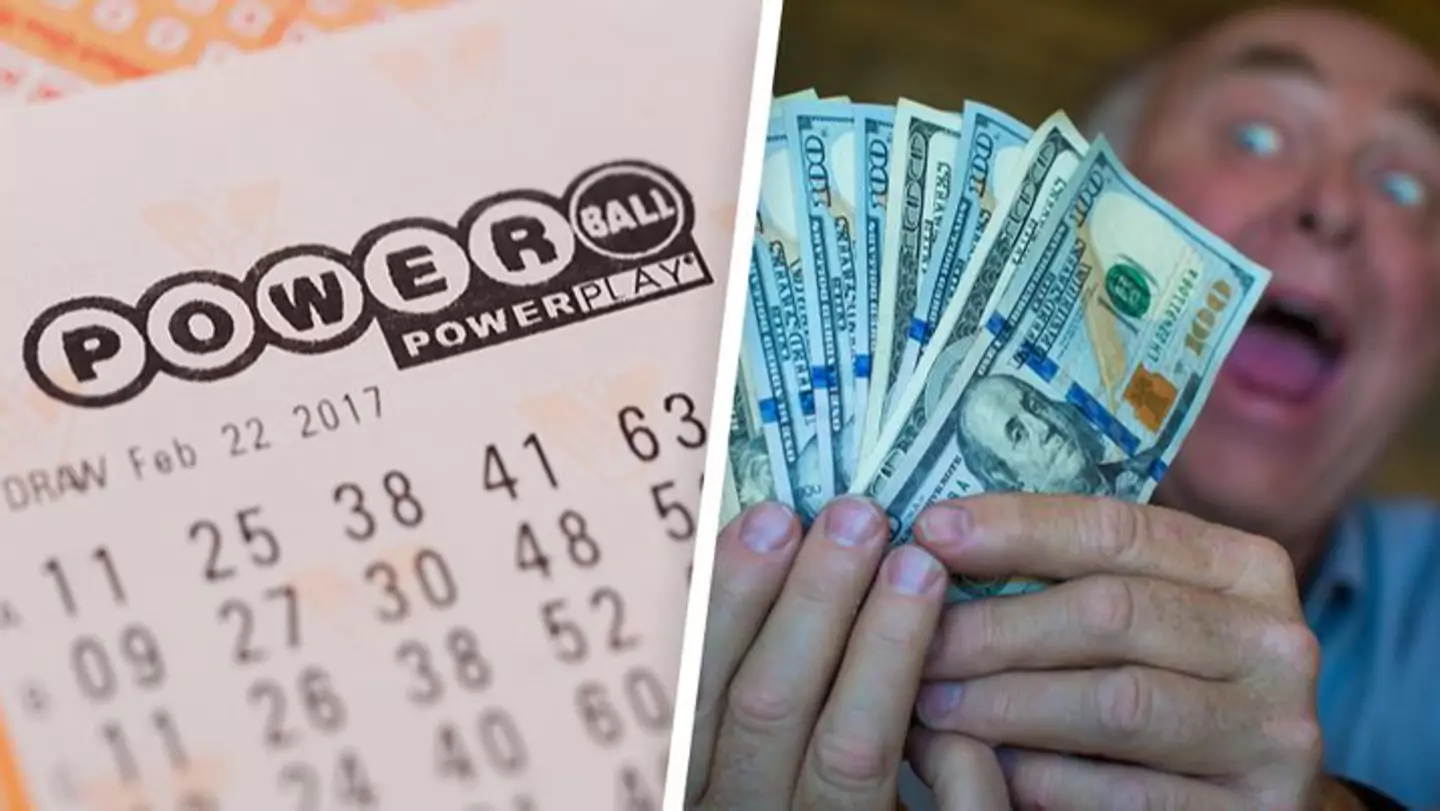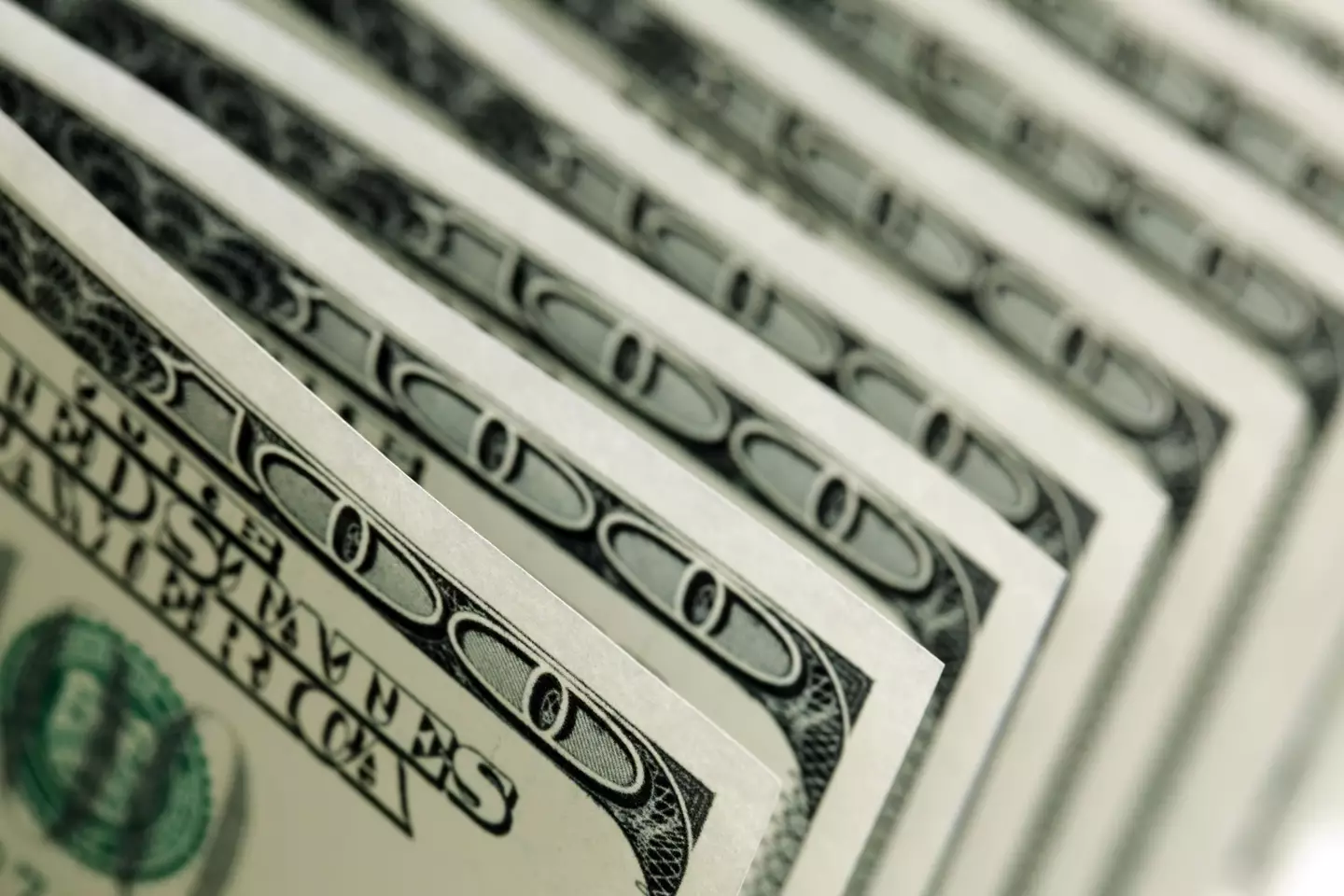
Imagine winning the largest lottery prize in world history and then losing nearly three quarters of it in taxes.
That's the harsh reality faced by the incredibly lucky winner of the jaw-dropping $2.04 billion (yes, with a B) in prize money.
While the person is no doubt significantly richer than before the lottery win, Forbes has revealed just how much the person could stand to lose in taxes.
And it is nearly as eye-watering as the win itself.
Advert
So just how much just how much of the jackpot will be lost to taxes?
Well, it can vary depending on a few different key details.
It depends on what US state the winner lives in - in this case, California - and how they actually receive the money.

Tax lawyer Robert W. Wood told Forbes that if the winner will only claim about half of the prize if they go with one option.
"If the winner picks the lump sum, that $2.04 billion drops to $997.6 million," Wood said.
"Of course that is before taxes. To get the full $2.04 billion instead, the winner would have to pick the 30 annual payments. That works out to about $68 million a year, again, before taxes."
I mean, no one would bat an eyelid at getting $68 million in the bank every year. But not so fast, there's taxes to be taken.
"From the start, the winner loses 24 per cent federal tax withholding that goes off the top to the Internal Revenue Service (IRS). On the $2.04 billion win, the cash election is really $997.6 million," Wood said.
"Tax withholding of 24 per cent amounts to $239.4 million, leaving $758.2 million. But the IRS isn’t done yet."
Wood added: "Although only 24 per cent is withheld and sent directly to the IRS, our lucky winner will owe a lot more in April of 2023. Since federal income tax rates go up to 37 per cent, and the winner is in the top 37 per cent bracket, another 13 per cent - $129.7 million more in taxes - is due on April 15."

Wood revealed that lottery winners who don't plan ahead sometimes have issues paying their taxes a year or so after their big win.
He explained that you can get a federal tax bill of $369.1 million when you add the 24 per cent withholding tax plus the 13 per cent extra tax that will have to be paid in mid-April next year.
Then you have state taxes.
Thankfully, California tax law is favourable for the Powerball winner as the winnings receive a tax exemption. At this point, thank God.
So the winner should take home about $628.5 million after federal taxes.
It's not to be sniffed at, but it sure isn't $2 billion.
So the lesson here: if you win the lottery, get a financial advisor and a tax lawyer ASAP.
